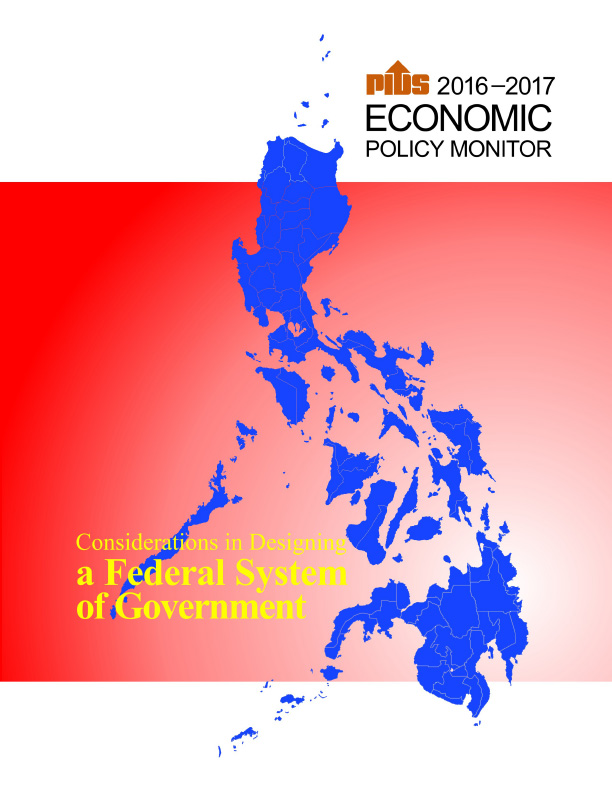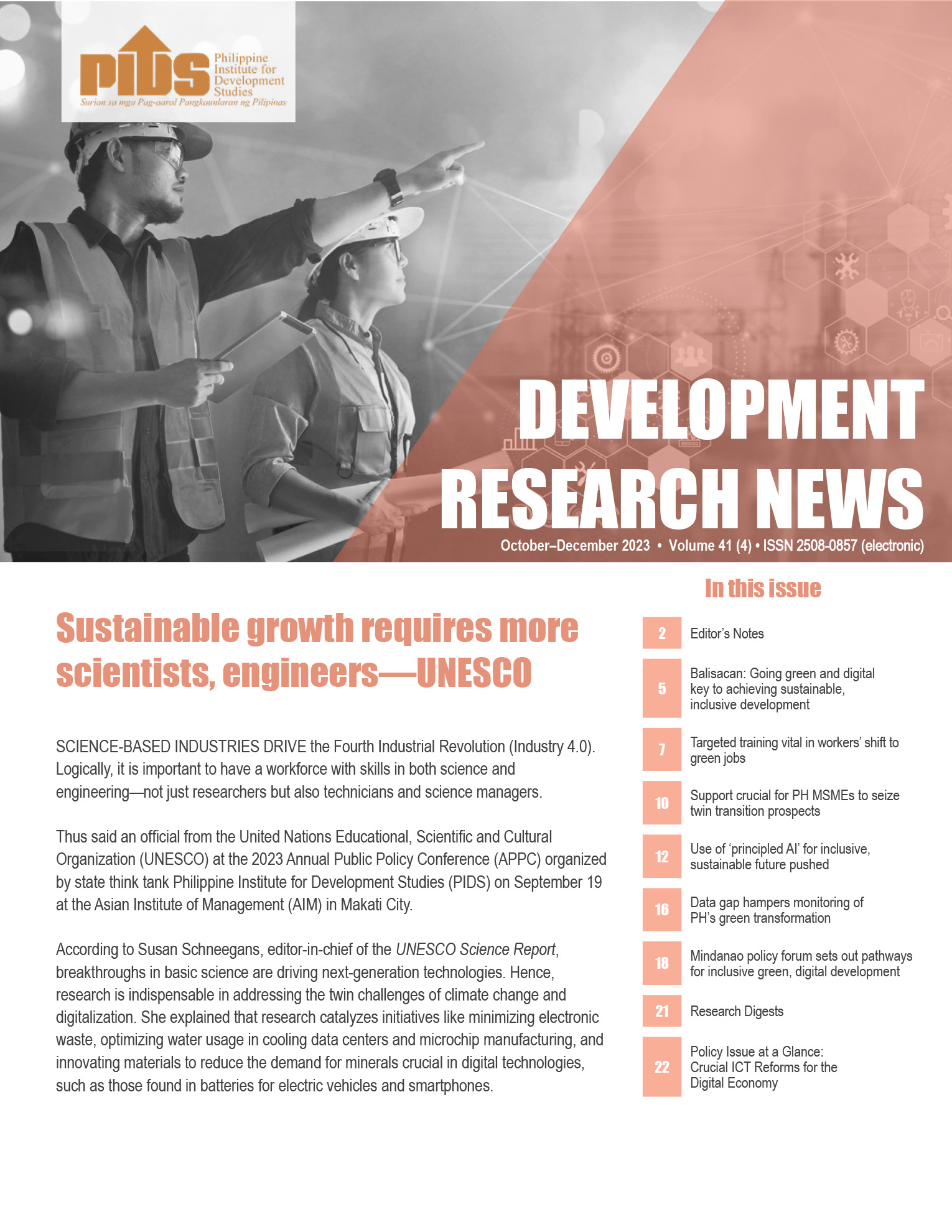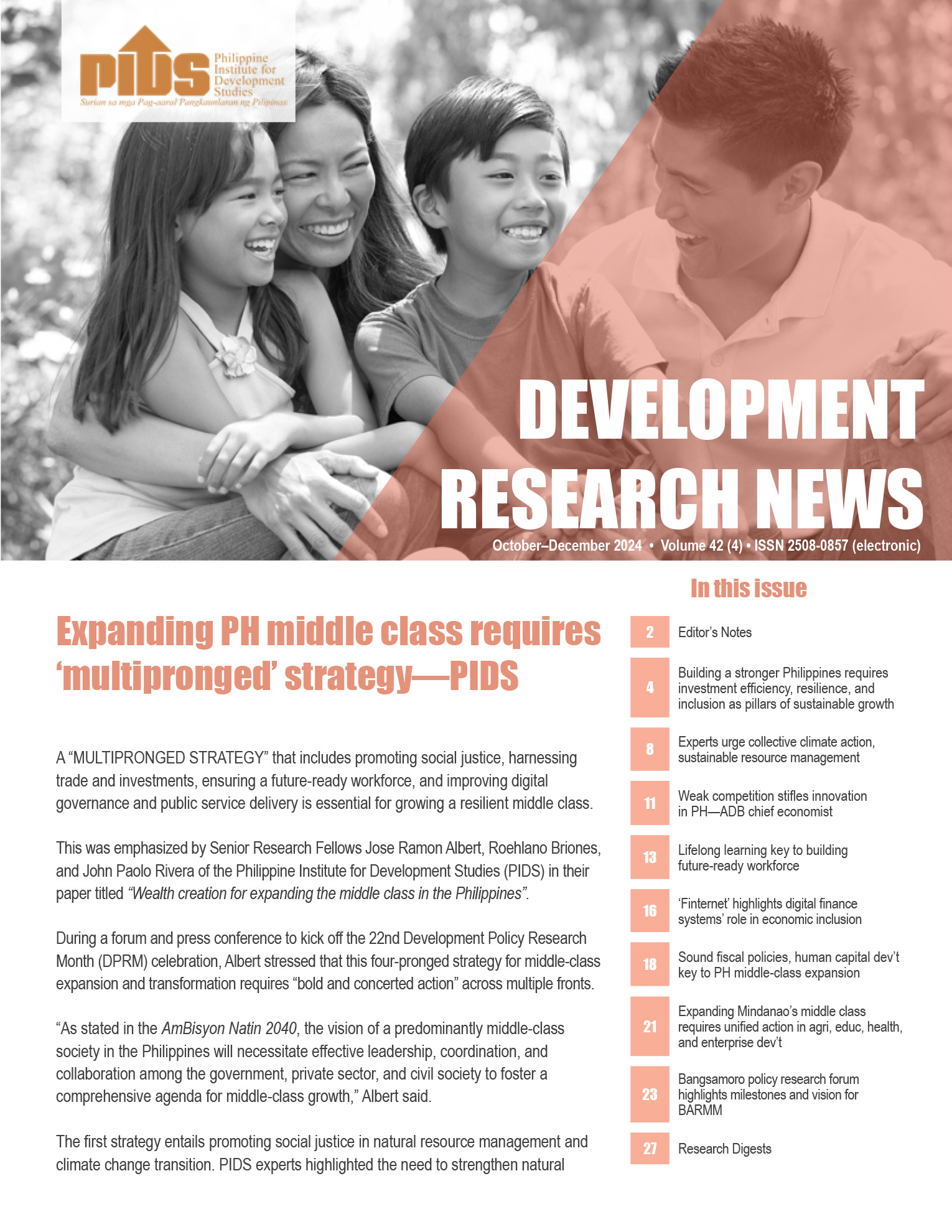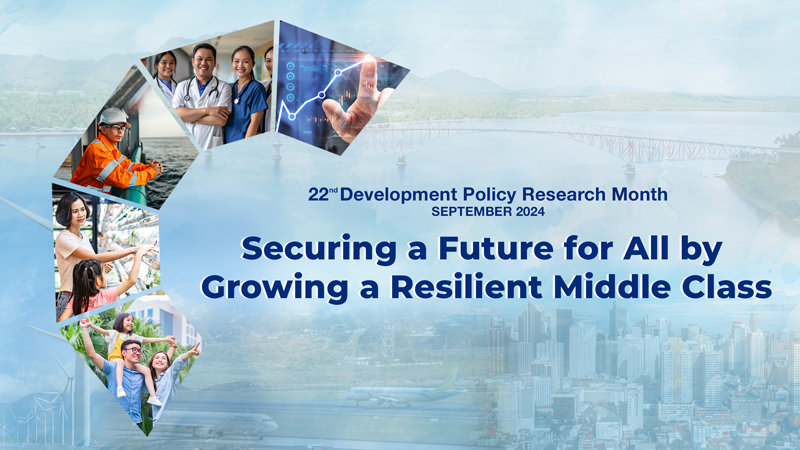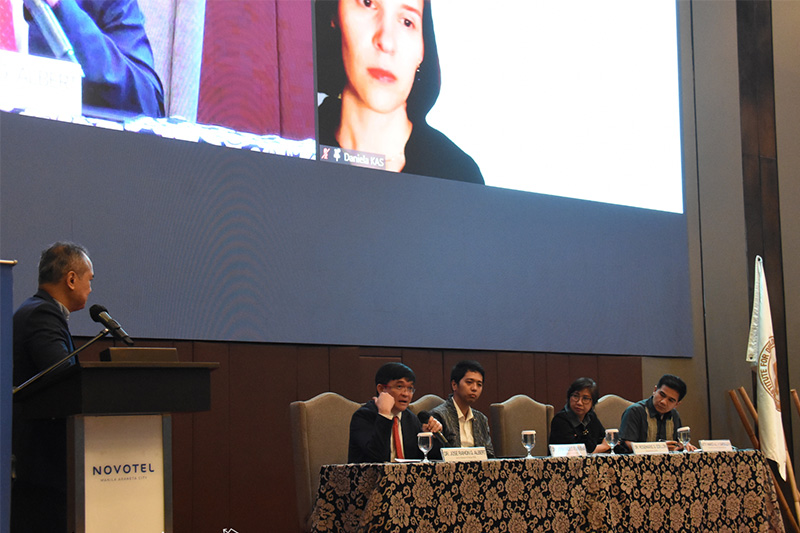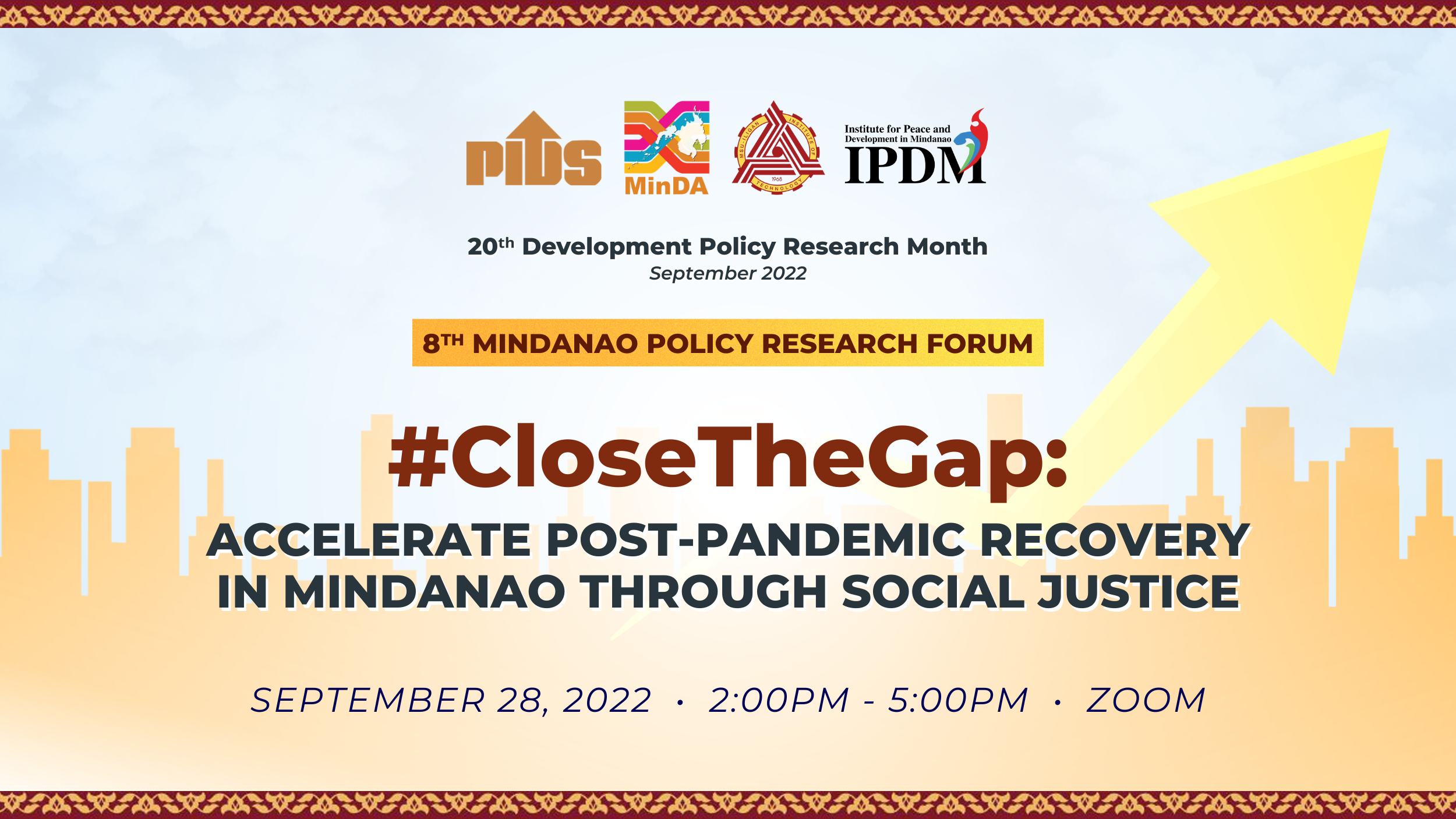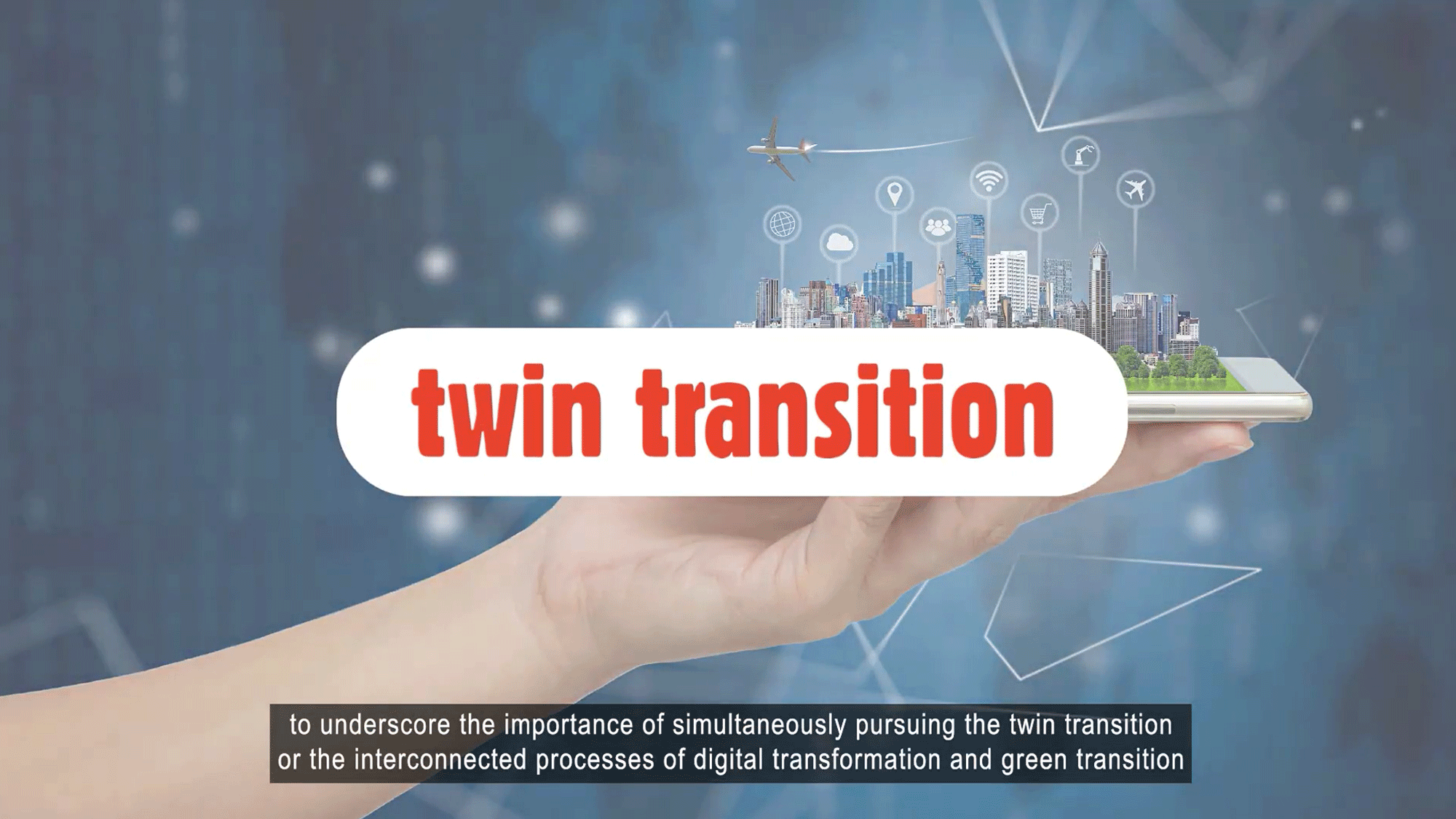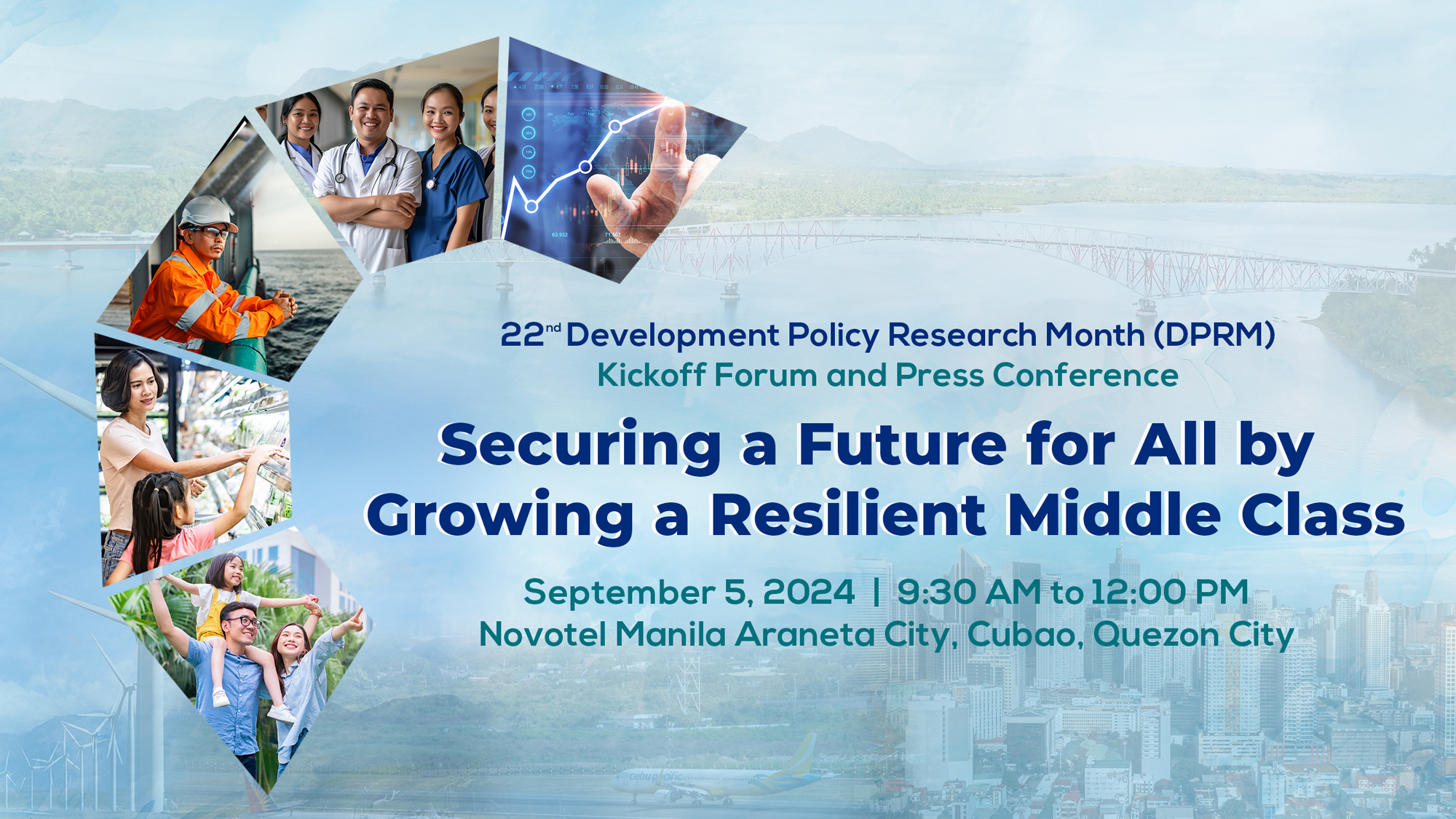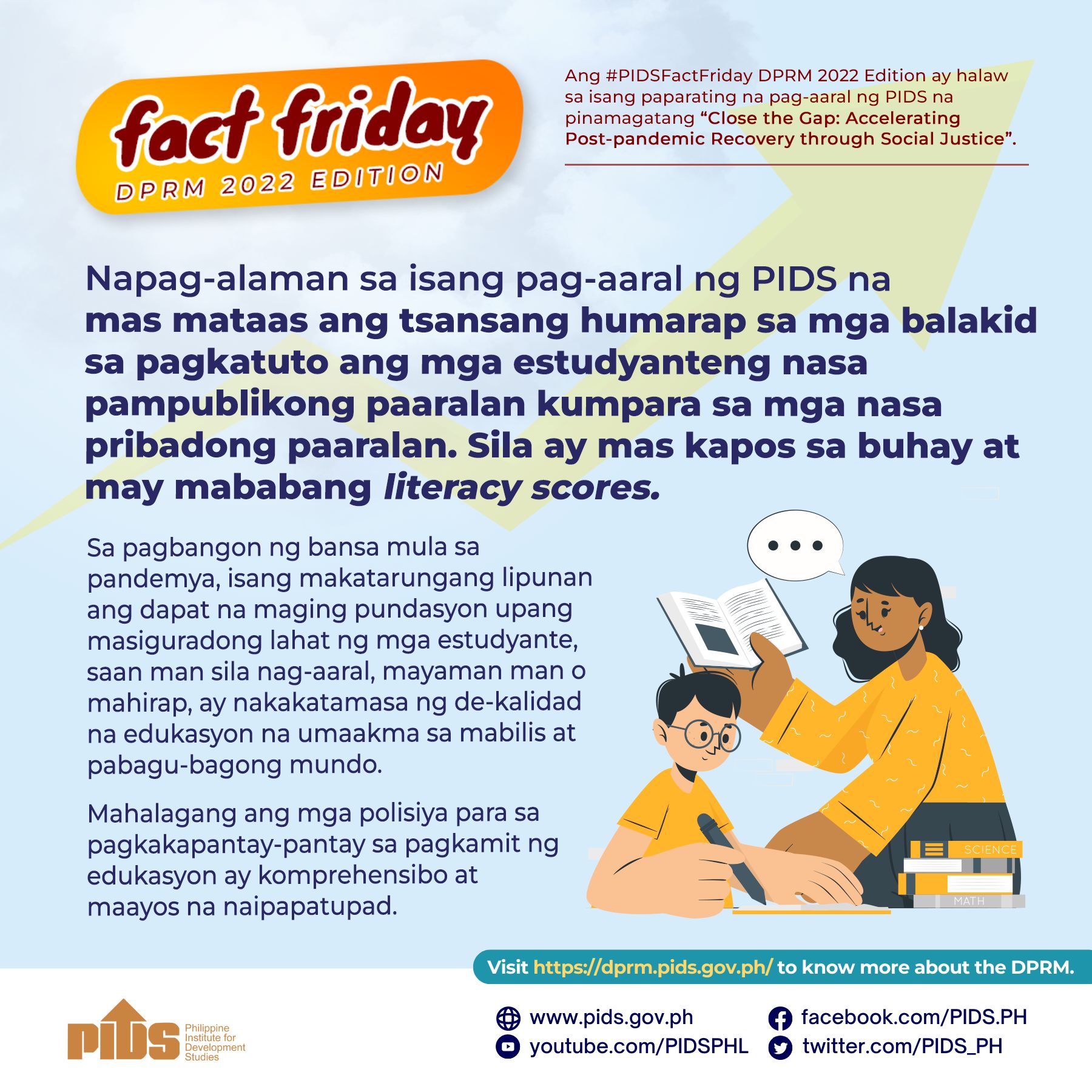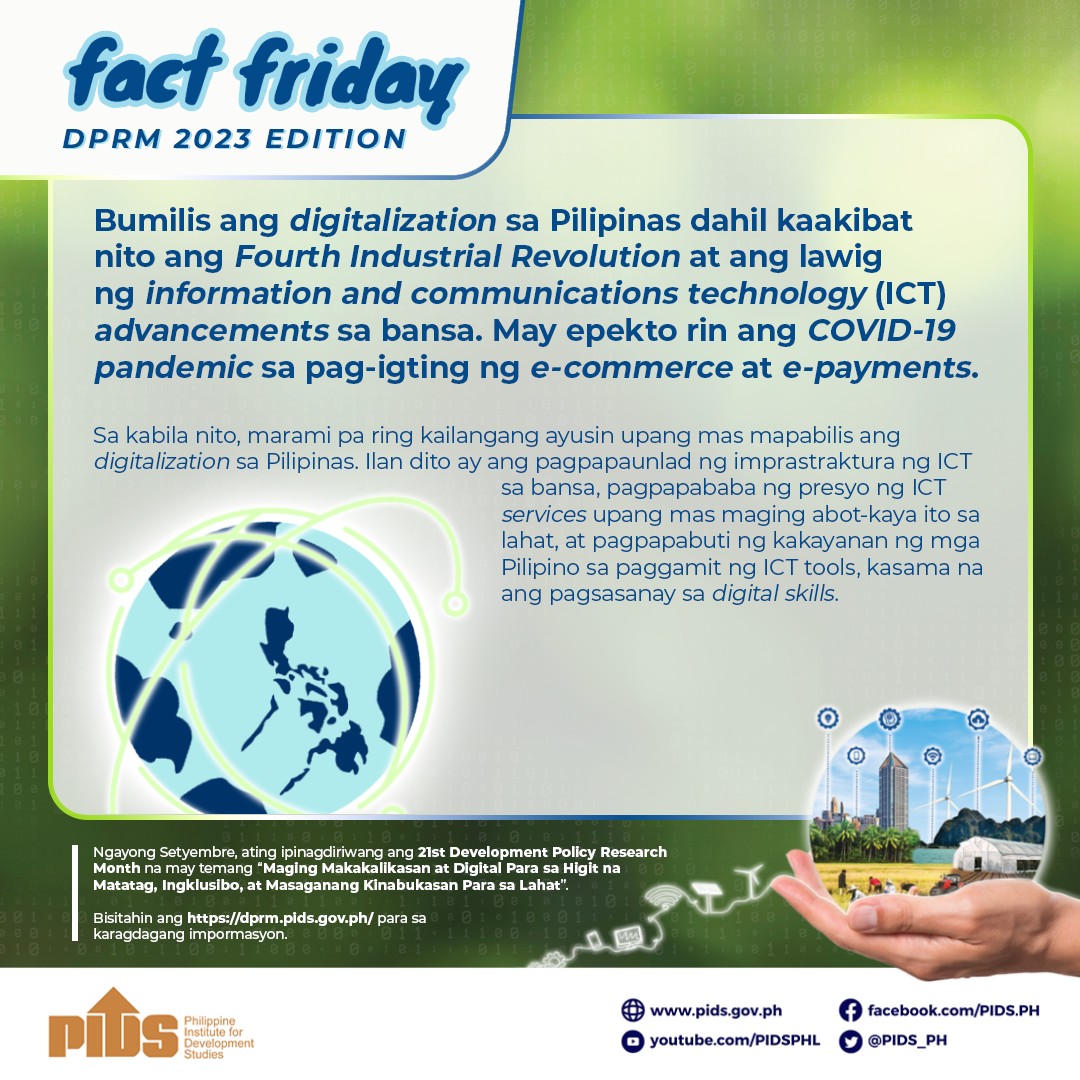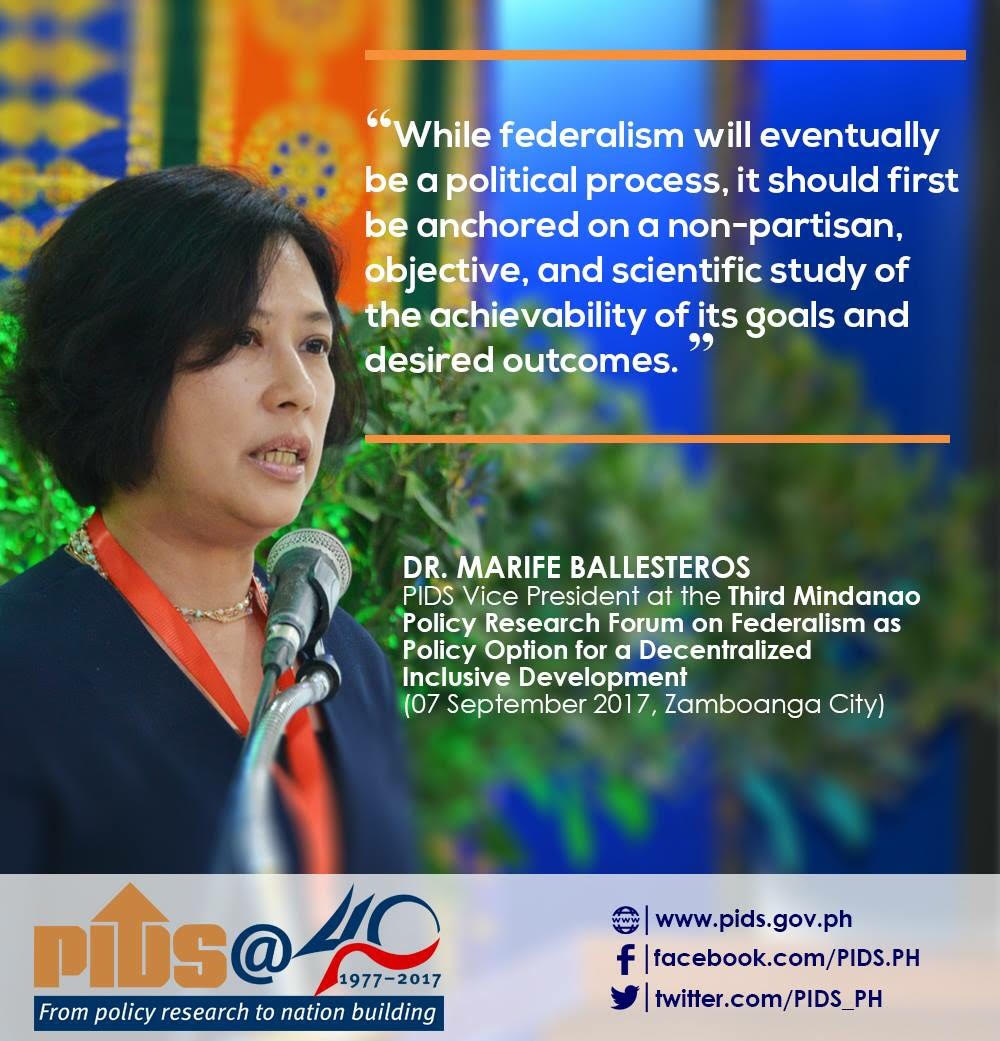
Zamboanga City – As debates on federalism intensify, state think tank Philippine Institute for Development Studies (PIDS) cautions advocates and critics alike to have a careful deliberation before deciding on this major agenda.
“While federalism will eventually be a political process, it should first be anchored on a non-partisan, objective, and scientific study to achieve its goals and desired outcomes,” said PIDS Vice President Marife Ballesteros, who represented President Gilberto Llanto during the recently concluded 3rd Mindanao Policy Research Forum held in Zamboanga City.
Ballesteros expressed the need for the Philippine government to design its own decentralized form of government.
“We (can) learn lessons from other federal systems but we cannot just copy from them. The design has to be creative, contextual, and uniquely Filipino,” she urged.
Meanwhile, Secretary Datu Abul Hj. Khayr Alonto of the Mindanao Development Authority recommended the immediate adoption of federalism to resolve conflict in Mindanao.
“Having witnessed and endured the turbulent years of strife in Mindanao along with my fellow brothers and sisters, I have come to realize that the only way to permanently put the regime of fragmentation and violence in Mindanao to rest is to pursue initiatives that will transcend beyond any affiliation or interest,” he said.
In his closing remarks, Alonto said Mindanaoans favor federalism over decentralization because “anything delegated can be withdrawn but anything shared cannot be dismantled."
“Mindanao is ready for federalism and we can do it, we will do it,” Alonto declared.
The MinDA chief also said that the shift to federalism will be a great opportunity to highlight the Bangsamoro agenda.
“As chairman of MinDA and as a Bangsamoro, I can assure you that we are not going to stop until we get everyone on board in this undertaking. Every person, every voice, every opinion merits of great importance in establishing a state that values unity and empathy over divisiveness and indifference,” Alonto explained.
Moreover, Atty. Kenneth Beldua, who represented Zamboanga City Maria Isabelle Climaco, in his speech underscored the importance of probing deeper into the proposed change in government system to “avoid the mistakes and pitfalls in older federations".
“In borrowing concept and ideas from federal countries, we would like to understand the guiding principles so that we can properly adopt them and even adapt them to local conditions to meet our specific needs,” he pointed out.
Beldua added that the present administration has to make sure that the people are satisfied with the division of responsibilities that will be included in the amendment of the Constitution. He cautioned against building a federalist country that alienates certain states or leaves them behind.
Sessions about the gains and pitfalls of Philippine decentralization, fiscal federalism, and the proposed Philippine Federal Constitution were presented by prominent scholars from the academe, public finance, governance, political science, and public administration during the forum.
The event, which carries the theme “Federalism as Policy Option for a Decentralized Inclusive Development: A Critical Inquiry”, is the first policy forum lined up for the 15th Development Policy Research Month (DPRM), an annual celebration every September led by PIDS to promote the importance of evidence-based policy research in program planning and policymaking.
The topic of the Zamboanga forum is anchored on this year’s DPRM’s theme “Strengthening Decentralization for Regional Development” or “Pagpapatibay ng Desentralisasyon Tungo sa Kaunlarang Panrehiyon”, which emphasizes the need for in-depth reflections and evidence-based analyses not just on federalism but also on decentralization reforms in general. ###

